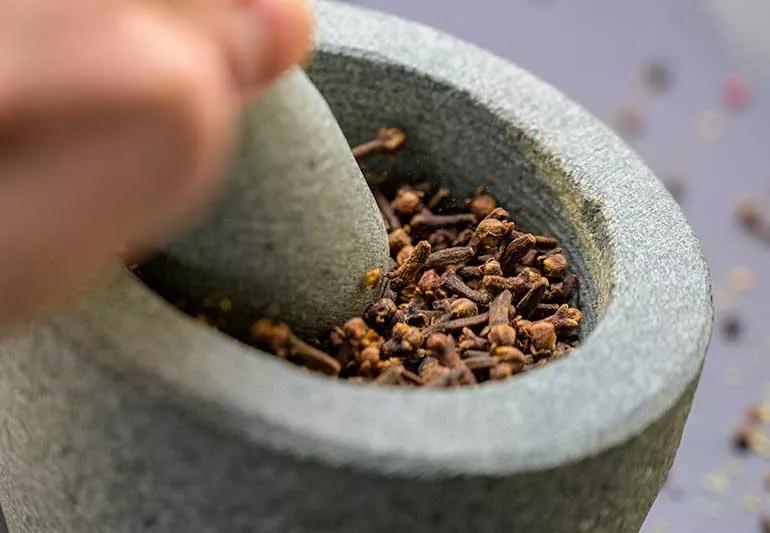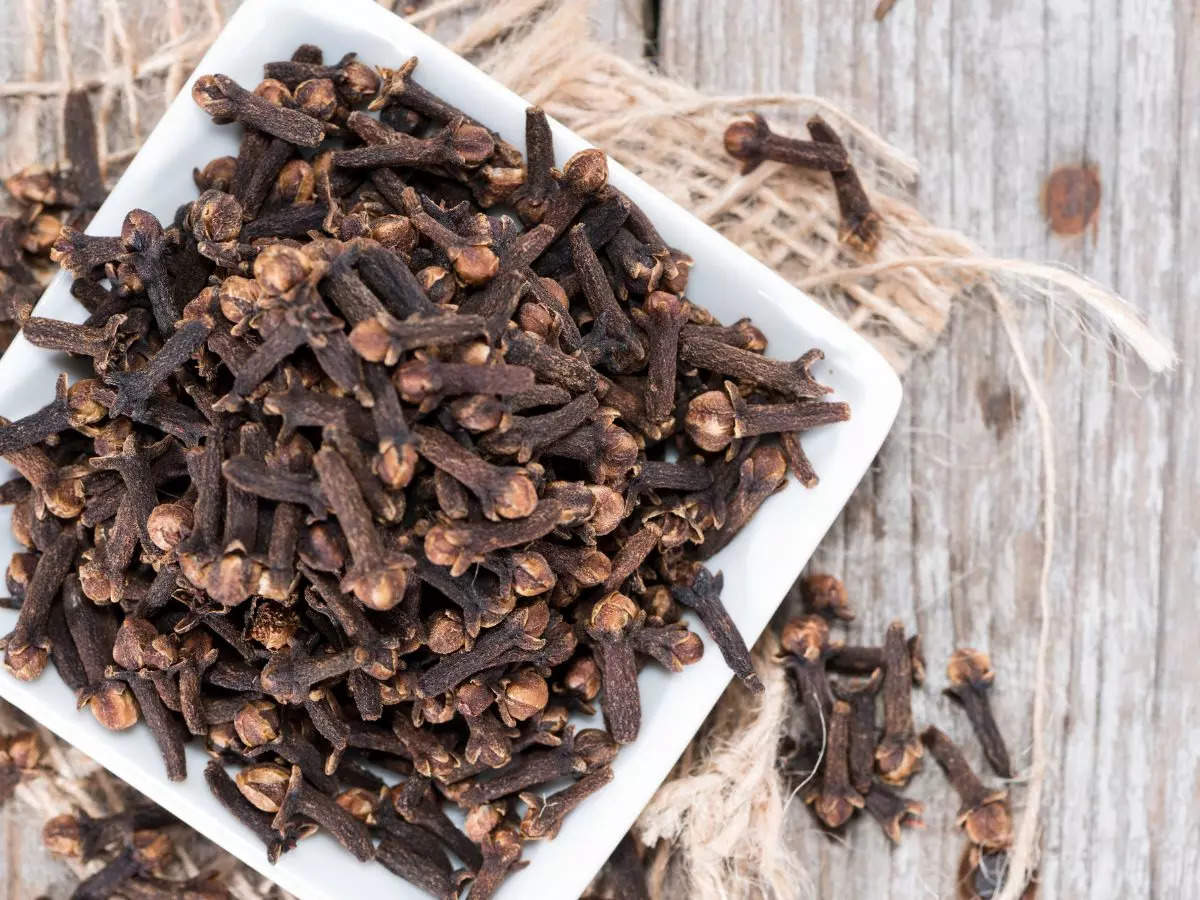Cloves may be small in size, but they offer significant health-supporting benefits. Derived from the dried flower buds of the Syzygium aromaticum tree, cloves have been used for centuries in traditional medicine and culinary applications. Today, scientific research supports many of these traditional uses, highlighting cloves as a natural source of antioxidants, essential oils, and bioactive compounds such as eugenol.
Here are 14 evidence-supported ways cloves can be used to promote health and well-being, along with practical tips for safe and effective use.
1. Natural Support for Oral Health
Cloves contain eugenol, a compound recognized for its analgesic (pain-relieving) and antimicrobial effects. According to the Journal of Dentistry, eugenol is often used in dental care products due to its effectiveness in managing tooth pain and reducing oral bacteria.
How to use: Dilute clove oil with a carrier oil (such as olive or coconut oil) and apply it to the affected area using a cotton swab. Never apply undiluted essential oils directly to the skin or mucous membranes.
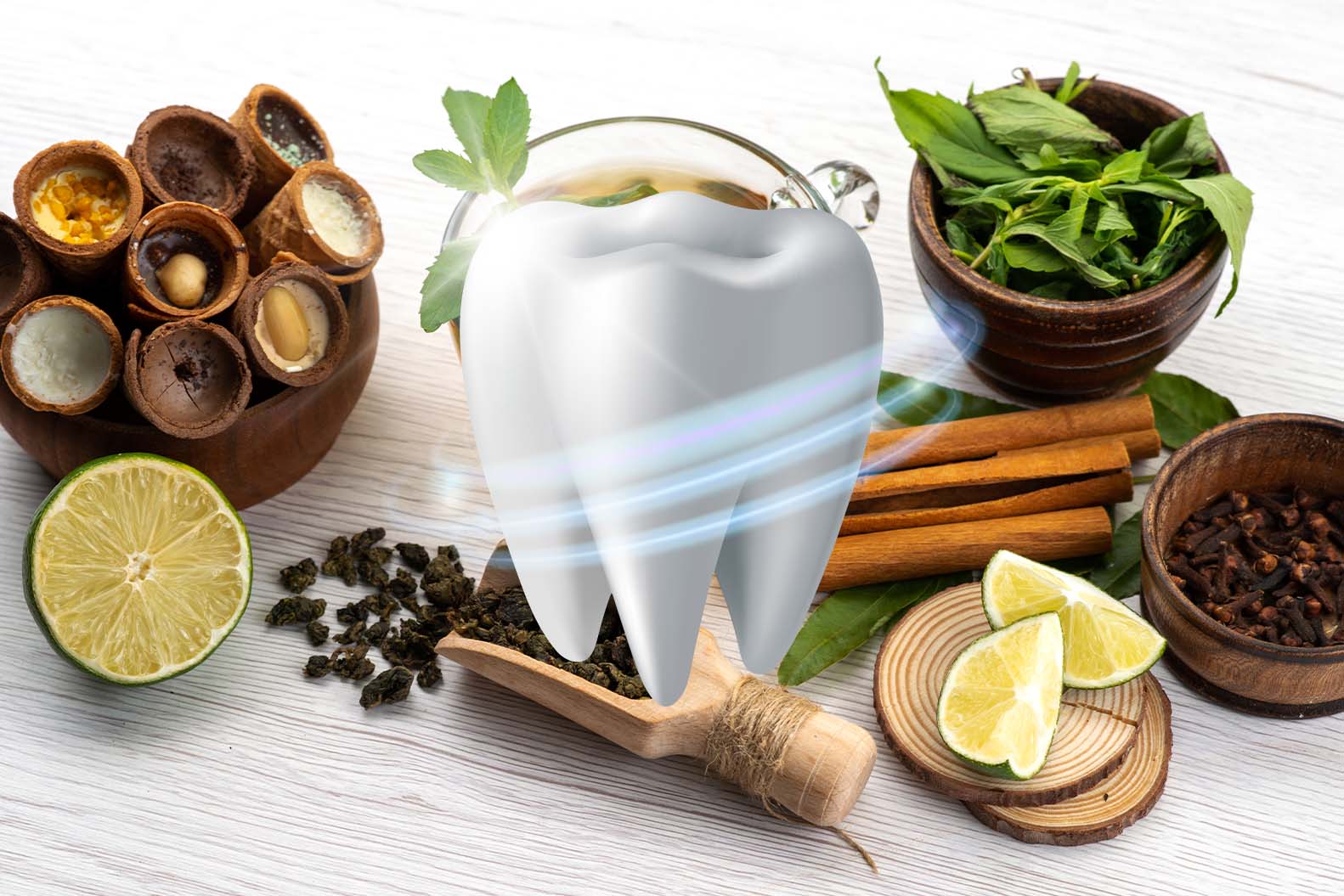
2. Supports Immune Function
Cloves are rich in antioxidants, including vitamin C and eugenol, which help protect the body’s cells from oxidative stress. A study published in the Oxidative Medicine and Cellular Longevity journal confirmed that clove extracts exhibit strong antioxidant properties, which may help enhance immune response.
Try this: Add ground cloves to warm beverages such as herbal tea or spiced milk for added nutritional support.
3. Promotes Digestive Comfort
Traditionally, cloves have been used to alleviate digestive issues such as gas, indigestion, and nausea. Modern studies support the use of clove oil in promoting digestive enzyme activity, which may contribute to improved digestion.
Tip: Use a pinch of ground cloves in cooking or as a spice in warm drinks to support digestion naturally.
4. Natural Antimicrobial Agent
Research has demonstrated that clove oil possesses antimicrobial properties that can inhibit the growth of certain bacteria and fungi. A study published in the Journal of Medical Microbiology reported that clove essential oil exhibited activity against E. coli and Staphylococcus aureus.
Note: Clove oil should be diluted before topical or oral use. Consult a healthcare provider for proper guidance.
5. Helps Reduce Inflammation
Eugenol has been shown to possess anti-inflammatory effects, particularly beneficial in managing joint and muscle discomfort. Animal studies indicate that eugenol can inhibit certain inflammatory pathways, although human studies are still limited.
Home remedy: Mix diluted clove oil with a carrier oil and apply it to affected joints or sore muscles.

6. Supports Respiratory Wellness
Inhaling steam infused with clove oil may help ease nasal congestion, soothe irritated airways, and promote easier breathing, especially during cold and flu season. The warming effect of eugenol can help relax the respiratory tract.
Try this: Add a few drops of clove oil to hot water for steam inhalation. Do not ingest essential oils.
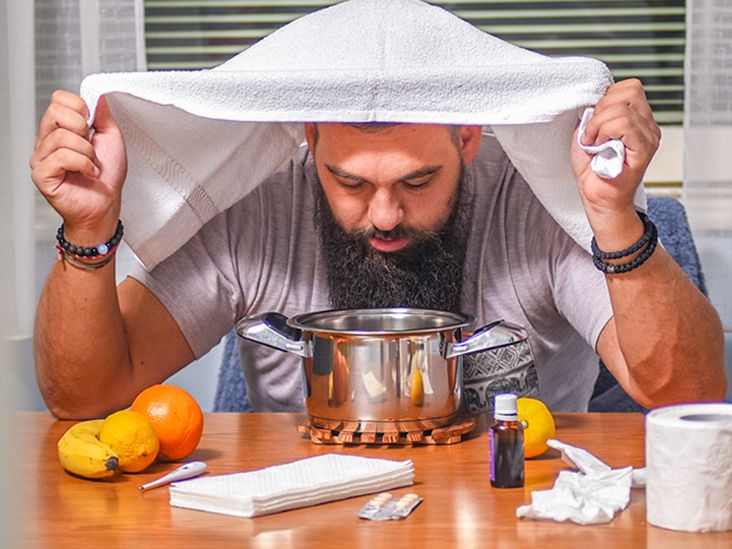
7. May Support Liver Health
A study published in the journal Food and Chemical Toxicology found that clove extract helped reduce markers of liver damage in animal models by lowering oxidative stress. While more research is needed in humans, this points to potential hepatoprotective effects of cloves.
8. Supports Blood Sugar Management
Preliminary studies suggest that compounds in cloves may help modulate insulin function and support healthy blood glucose levels, particularly in individuals with type 2 diabetes. More clinical trials are needed to confirm these findings.

9. Promotes Healthy Skin
Clove oil has shown potential in helping reduce acne-causing bacteria and soothe inflammation. Due to its antibacterial and antioxidant content, it may assist in managing minor skin irritation when used in diluted form.
DIY Tip: Mix one drop of clove oil with honey or aloe vera and apply as a spot treatment. Always do a patch test first.
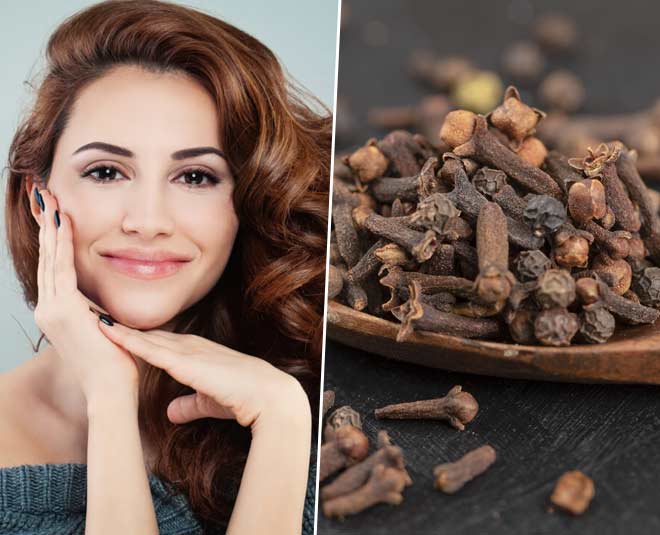
10. Natural Mouth Freshener
Cloves have been used in traditional oral hygiene practices for centuries. Their antibacterial properties can help combat bad breath by reducing odor-causing microbes in the mouth.
Traditional use: Chewing a single clove (after meals) can help freshen breath naturally.
11. May Support Reproductive Health
While more research is needed, some studies in traditional and animal medicine suggest that clove extracts may help support reproductive function and sexual wellness, possibly due to their antioxidant content and circulatory benefits.
12. Headache Relief Aid
Clove oil’s mild warming and soothing properties may help reduce tension-related headaches. Applying diluted oil to the temples may help ease discomfort.
Simple remedy: Combine ground cloves with a small amount of carrier oil or sea salt and apply gently to the forehead.
13. Potential in Digestive Cleanse Protocols
Cloves are sometimes included in traditional herbal detox blends aimed at reducing intestinal parasites, although more clinical research is necessary to validate these claims.
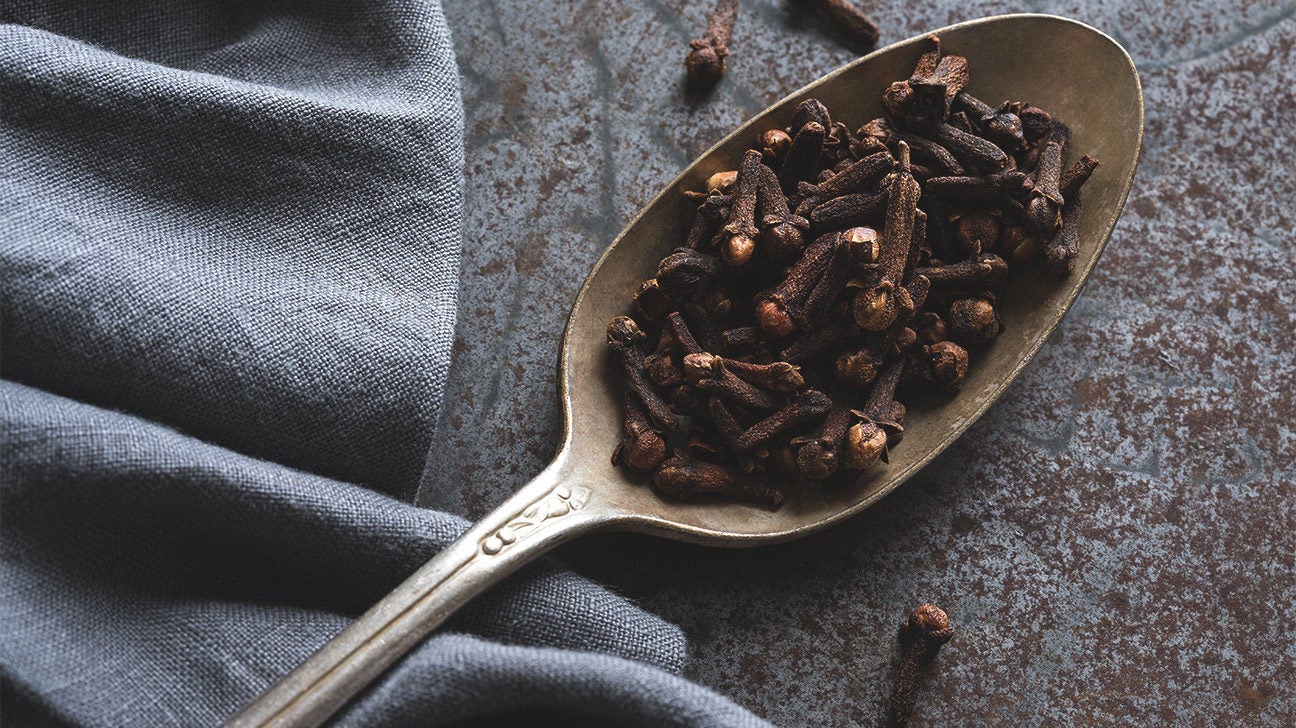
14. Natural Insect Deterrent
Cloves emit a strong aroma that is known to repel insects, particularly mosquitoes and moths. Research has identified eugenol as a compound with insect-repelling potential.
Practical tip: Place cloves in citrus peels or lemon halves around the home to help deter insects.
Final Thoughts
Cloves are more than a fragrant spice—they’re a versatile natural remedy with wide-ranging benefits supported by modern research. Whether you’re looking to support oral health, improve digestion, manage discomfort, or simply boost your overall wellness, cloves can be a safe and effective addition to your daily routine when used responsibly.
Always consult with a healthcare provider before using clove oil or supplements, especially if you are pregnant, breastfeeding, have existing health conditions, or are on medication.
Verified Sources
- National Institutes of Health – PubMed
- American Psychological Association
- Journal of Dentistry
- Oxidative Medicine and Cellular Longevity
- Phytotherapy Research
- Food and Chemical Toxicology
- BMC Complementary Medicine and Therapies
- Insect Science

